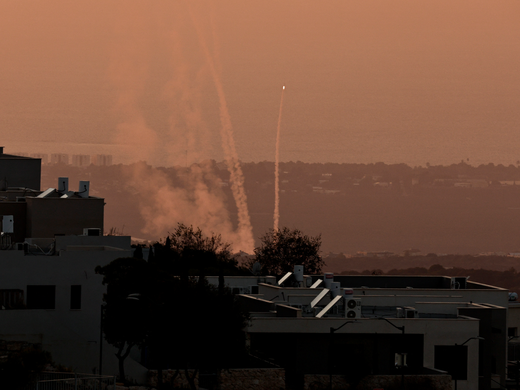Responding to violent conflict begins with a diagnosis of what the conflict is about — the causes and triggers that transform a disagreement into an armed struggle. Behind the immediate reasons, however, there are often assumptions about the enabling conditions that underlie the conflict, and these assumptions provide the framework for the diagnosis. This paper reviews three of the assumptions that underlie the analysis of what conflicts are about as they relate to Africa. These assumptions are: that conflicts result from zero-sum power politics among contending leaders; they are due to state weakness and the failure of governments to provide basic services and security; or they result from sharply differing views of culture and society.
Each of these diagnoses points to different remedies — using forceful means to change the zero-sum political dynamics among contending leaders; building institutional capacity in order to withstand violence; or building the capacity of societies to resist radicalizing narratives. While the diagnosis may be correct to a limited degree, it rarely captures the whole picture. The result is that the remedy may not fully address the problem. In addition, institutions tend to select the “remedy” that suits their own capacities, missing at times crucial components of the conflict management process. Collective conflict management — collaborative action among many institutions — would provide a more fulsome response, but is difficult to organize.
Recognizing the difficulty of diagnosing and designing remedies for the complex conflicts that Africa is facing, CIGI has launched a project on Africa and its capacity to prevent, contain and resolve conflicts. The principal aim of the African Regional Conflict Management project will be to understand regional conflict management capacity, identify gaps and make recommendations to bridge those divides.


